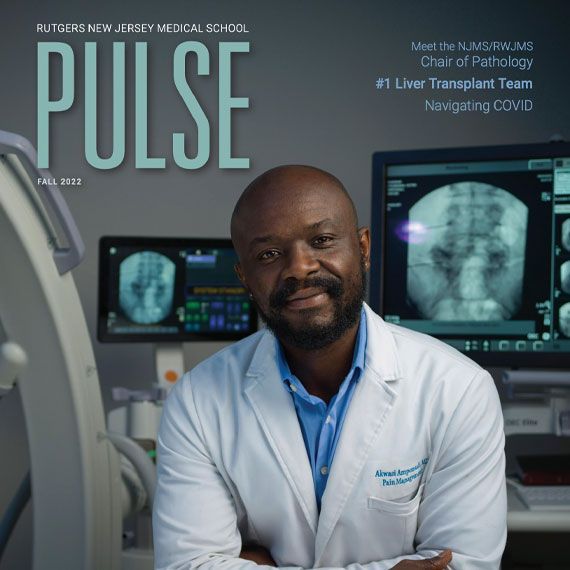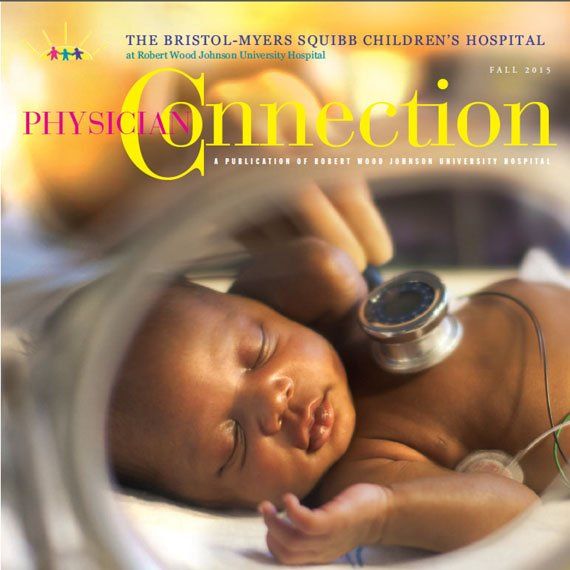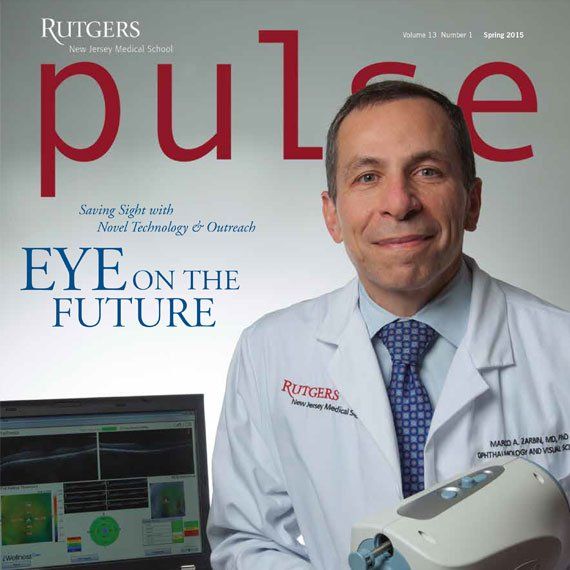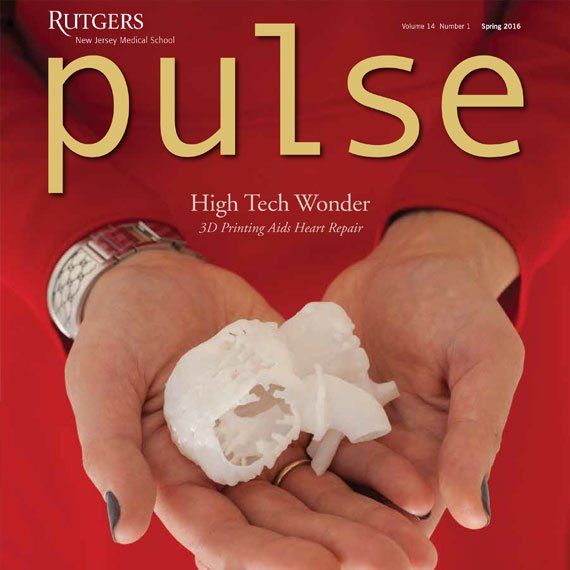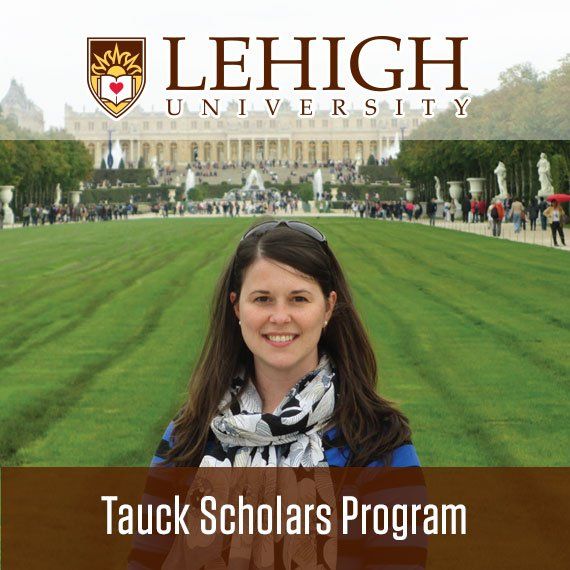The Magic of Music for Babies
Yesterday, I started to sing “The Itsy, Bitsy Spider” to my 13-month-old granddaughter Evie and she sat up from nearly falling asleep and sang along with me in her own baby way. The musical cues from this song were so powerful that the start of the afternoon nap was delayed for another hour. Since birth, she’s been listening to lullabies, playing with musical instruments and she also takes a Saturday morning music class for babies and toddlers. Our reward: now she sings and dances along. But it’s much more than this.

Music, it turns out, is not just a simple background sound track to the first years of life. It is key to language acquisition . Three researchers – psychologists Anthony Brandt, Molly Gebrian and L. Robert Slevc – challenge the prevailing belief that “music’s role in human development is … ancillary and slower to mature.” In their paper, “Music and early language acquisition” published in Frontiers of Psychology (September 2012), they explain, “Language is a compromise between what adults need to say and children’s ability to process what they hear. Crucially, what infants hear is…a form of music.” Back in the womb, those sounds a fetus hears are quite musical with low frequency vowels, pitches and rhythms. Even motherese , that universal language of mothers interacting verbally with babies, feels like music with “high pitched, slow, rhythmic… and more exaggerated melodic contours than adult-directed speech.”
Researchers have wondered how infants connect sounds to meaning and this research helps explain a link. “Infants use the musical aspects of language as scaffolding… They are “listening for how their language is composed.” From “a developmental perspective, the progression is clear: first we play with sounds; then we play with meanings and syntax. It is our innate musical intelligence that makes us capable of mastering speech .”
Meanwhile, my quirky (I am not very good but she doesn’t know this yet!) rendition of the “ABC” song comes so naturally with each diaper change that Evie pays attention long enough for me to get the job done. It can also calm her down from a crying jag on a car ride. Now, there’s power for you.












